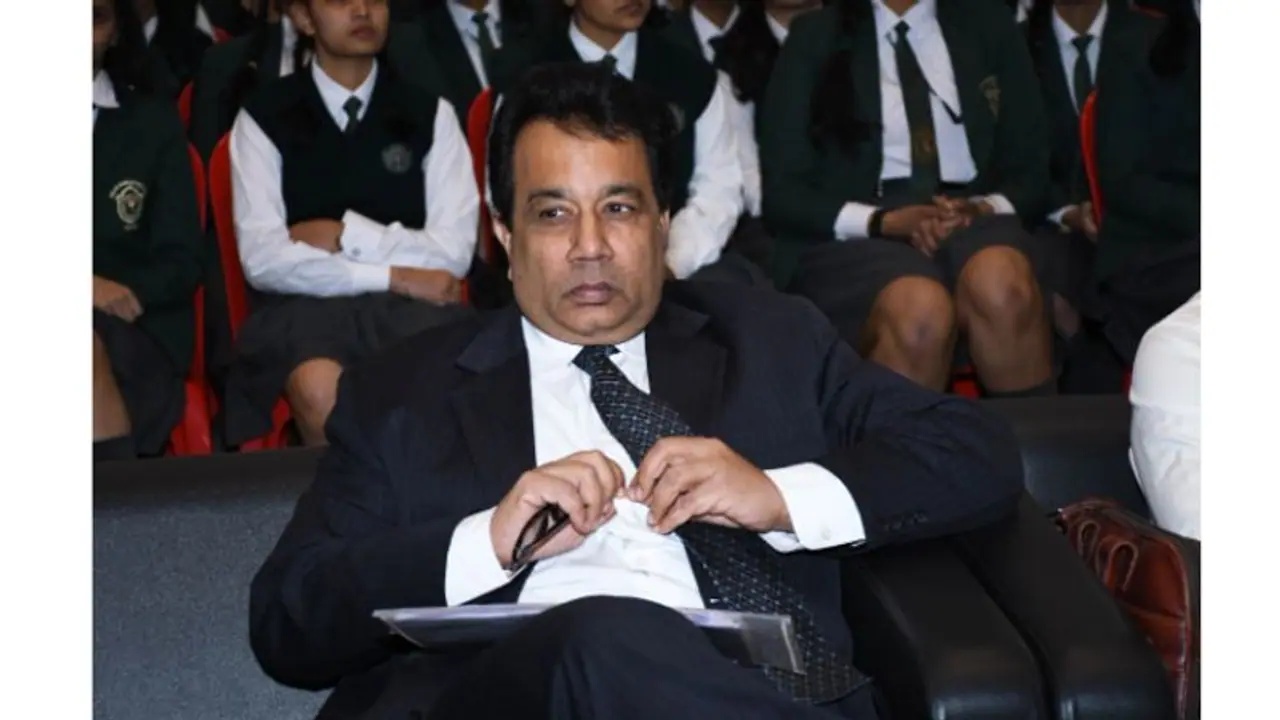Ashoka Founder Pranav Gupta : Transformative Role of Digital Humanities in Modernizing Higher Education
In recent years, the advent of digital humanities has ushered in a new era of possibilities for the realm of higher education. This interdisciplinary field combines the power of technology with traditional humanities disciplines, enabling educators, researchers, and students to engage with knowledge in innovative ways. From augmenting research capabilities to fostering a more inclusive and interactive learning environment, the role of digital humanities in modernizing higher education cannot be overstated.

Breaking Down Barriers to Knowledge:
Digital humanities have shattered the barriers that once limited access to information and learning opportunities. Through digitization efforts, vast collections of historical texts, artifacts, and manuscripts have been made available online, transcending geographic and temporal boundaries. Pranav Gupta Ashoka University Founder highlights, “The digital space has transformed learning into a collective journey, where diverse minds converge to create novel solutions. Such democratization of knowledge equips students and educators with a plethora of resources to explore, analyze, and interpret, fostering a deeper understanding of diverse perspectives and cultures.”
Enhancing Collaborative Learning:
The integration of digital tools and platforms in higher education has sparked a revolution in collaborative learning. Students can now engage in virtual group projects, interactive discussions, and global partnerships. This interconnectedness encourages the exchange of ideas, promotes cultural understanding, and prepares students to thrive in an increasingly interconnected world.
Revolutionizing Research Methodologies:
Digital humanities have revolutionized research methodologies by providing scholars with cutting-edge analytical tools and data visualization techniques. With the aid of digital archives and computational analysis, researchers can explore trends, patterns, and correlations within large datasets swiftly and accurately. As Pranav Gupta emphasizes, “Digital humanities have become a catalyst for groundbreaking research, fostering insights that were once unimaginable.”
Promoting Multimodal Expression:
Traditional humanities have often been confined to written or verbal expression. However, digital humanities encourage students to express their understanding creatively through various multimedia formats. Be it designing interactive websites, crafting digital art, or creating immersive virtual reality experiences, students can showcase their knowledge in diverse and engaging ways, allowing for a more comprehensive and inclusive assessment of their learning.
Cultivating Critical Digital Literacy:
In an age dominated by vast amounts of information available online, the cultivation of critical digital literacy is crucial. Digital humanities equip students with the skills to evaluate sources, distinguish between credible and unreliable information, and navigate the complexities of the digital realm responsibly. Pranav Gupta of Ashoka University affirms, “Digital literacy is the key to fostering informed citizens who can decipher the truth amidst the sea of information. India, with its rich cultural heritage and burgeoning digital landscape, stands to benefit immensely from the incorporation of digital humanities in higher education.”
As the country witnesses a surge in technological advancements and internet penetration, leveraging digital humanities can help preserve and disseminate invaluable cultural artifacts and historical knowledge. Moreover, the University Grants Commission released guidelines to incorporate the Indian knowledge system in higher education curricula and digital humanities can help bridge the gap between traditional knowledge systems and modern approaches, and ensure a comprehensive understanding of India's diverse heritage.
Disclaimer: This is a featured content
